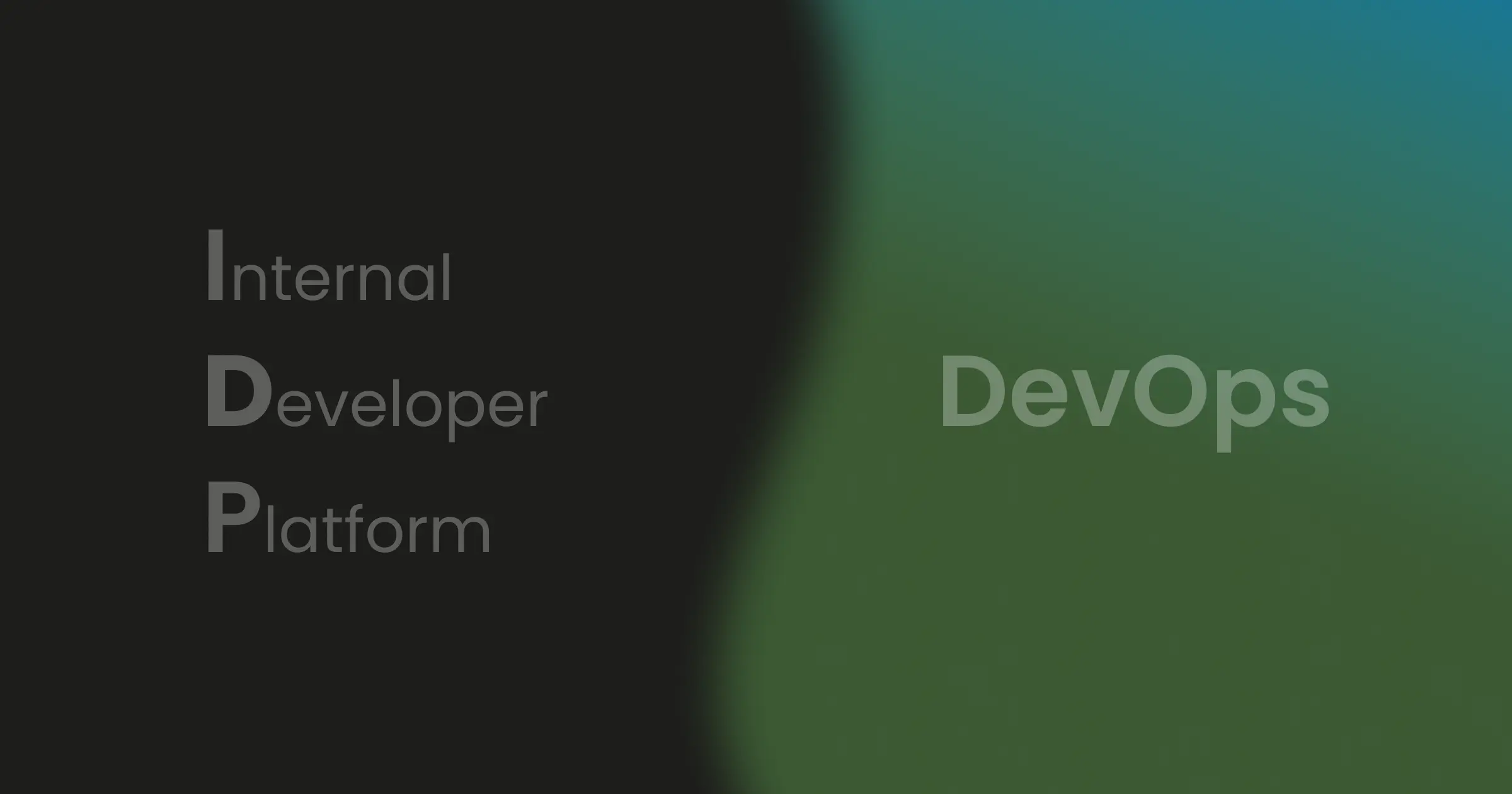Using AI in DevOps: Best Practices That Boost Efficiency, Automation, and Delivery

The software development and delivery process today relies heavily on DevOps, a set of tools, practices, and organizational principles that aim to make software more reliable and secure. They also focus on developing and delivering it to users faster.
All these steps are improved by implementing AI in the whole development process. By using AI in the software development lifecycle, businesses can deploy faster, more reliably, and securely. Therefore, the reputation can increase as well as the number of satisfied clients.
But first, let’s start with the basics. Let’s learn what AI is, why it is essential in DevOps, and best practices for using it in your business.
What Does AI in DevOps Mean?
Artificial intelligence (AI) refers to the simulation of human intelligence through machines that are programmed to think like humans and imitate their actions. In the development world, these computers have the ability to do a wide range of processes that would automate tasks, bring greater and faster results, and reduce human errors.
DevOps, on the otherhands combines development and operations teams that should connect software development to automate processes, improve efficiency, and deliver software faster and more reliably.
How Does AI Contribute to Process Automation Within DevOps?
The impact of AI is becoming increasingly important in automating DevOps processes. Here are some areas that need the most:
- Automated Testing and Quality Control: AI tools can automate complex testing processes, significantly reducing the time required for testing and quality control. This means that software can be tested more frequently and thoroughly, leading to high-quality end products. AI can identify patterns in code to predict and prevent defects, improve test coverage, and even predict where potential problems might arise in the future.
- Continuous Integration and Deployment (CI/CD): AI simplifies CI/CD pipelines by automating the integration and deployment of code changes. The CI/CD area has already been highly automated, and the arrival of AI will further accelerate and improve tasks.
- Incident Management and Problem Resolution: In operational environments, AI systems can detect, diagnose, and even automatically resolve problems. This reduces downtime and improves application reliability.
- Better User Experiences: AI can analyze user feedback and behavior to inform the development process, leading to a focus on design and development. AI can also monitor whether users are acting in accordance with company or even ethical codes and rules, and can therefore make decisions related to limiting the user experience.
Knowing where you can implement AI in your business, helps in achieving better results overall. Whether AI is used in small tasks or the main software processes, it has advantages in producing high-quality products.
The Benefits of Using AI in DevOps
Models that combine AI and machine learning (ML) are used for a variety of purposes, such as improving user experience, higher-quality products, faster deployment, and better security. Combining AI with DevOps can have many positive results in the whole DevOps automation cycle, including:
- Faster Deployment: By implementing AI in the development process, the products can be delivered faster. This results in increased efficiency and reduced errors by automating many tasks in the delivery process.
- Reduced Human Errors: Automating tasks can help in making the complex workflow simpler. This is easier to manage because teams can be focused more precisely on each step, which lowers the possibility of mistakes.
- Improved Security: Organizations can increase productivity, decrease response times, and improve security by using automation. This also helps in early threat detection and better management of cyberattacks.
- Greater Accuracy: Many tasks can be improved by using automated tools, such as organizing tasks, testing, and delivering. Automation can ensure that these processes are done consistently and accurately every time they are done.
- Better Management: In order to complete more tasks and have great results, using automation helps in better management of all the steps required for faster software deployment. AI can automate time-consuming tasks, control the steps, and help identify mistakes early in the process.
Using AI in DevOps, teams can improve efficiency while minimizing human error. This can lead to faster deployments and reduced downtime.

How AI in DevOps Monitoring Improves System Reliability
During the continuous integration stage, AI can examine previous information to find abnormalities. Any abnormal change can be highlighted and resolved before going to the next stage. AI is able to predict possible problems during continuous delivery (CD) by analyzing historical deployment data. This can minimize downtime by proactively resolving issues.
During the development phase, AI can be used to evaluate the code to guarantee its quality, which can help minimize errors and vulnerabilities. By offering real-time insights and predictive analytics, AI in DevOps monitoring greatly improves system reliability. Organizations may increase operational efficiency, reduce disruptions, and guarantee a more robust and scalable infrastructure by incorporating AI.
Best Practices to Use AI in DevOps
Effective AI implementation in DevOps starts with basic practices. To begin, you should follow several practice tips, such as:
Define Clear Objectives
Having clear, precise objectives can help in achieving your goals. They should be measurable, achievable, and practical, taking into consideration the team's capabilities, time, and available resources. AI can help to improve areas to reduce time and be more efficient.
Implement Monitoring
Having real-time insights can help in better managing everything that is happening within DevOps. From creating and building to testing and deployment, you can monitor and address any potential risks in order to optimize better functionality of the system.
Continuous Improving
In order to have ongoing great results, you should continuously make improvements. This includes making adjustments as required, adapting to new challenges, and improving performance. AI helps in managing these steps by using tools and applying best practices to achieve this.
Enhance Security
AI improves attack prevention and real-time threat detection by automating threat identification and response. AI tools can assist with a wide range of tasks to achieve better security in the future and resolve any problems before they go live.
Ensure Data Quality
AI can significantly enhance data quality and consistency. Enhancing data quality is essential for ensuring accurate insights, reliable decision-making, and efficient AI-driven automation. AI uses machine learning to automatically identify data errors like typos, duplicates, missing values, and automate data correction, and more.
Final Words
Whether it's for applications, infrastructure, or pipelines, AI in DevOps can offer outstanding advantages. It may transform your operations and produce quicker and more reliable results. As the field of DevOps grows, adding AI becomes more and more important. Artificial intelligence may find trends and patterns in data from a variety of sources, including logs, performance metrics, and feedback from users, which may point to areas that need updating.
This is important because AI will also probably make it possible to implement new DevOps techniques, such as automatically enhancing code quality, increasing software performance, and even producing code based on high-level specifications or corporate objectives.





















